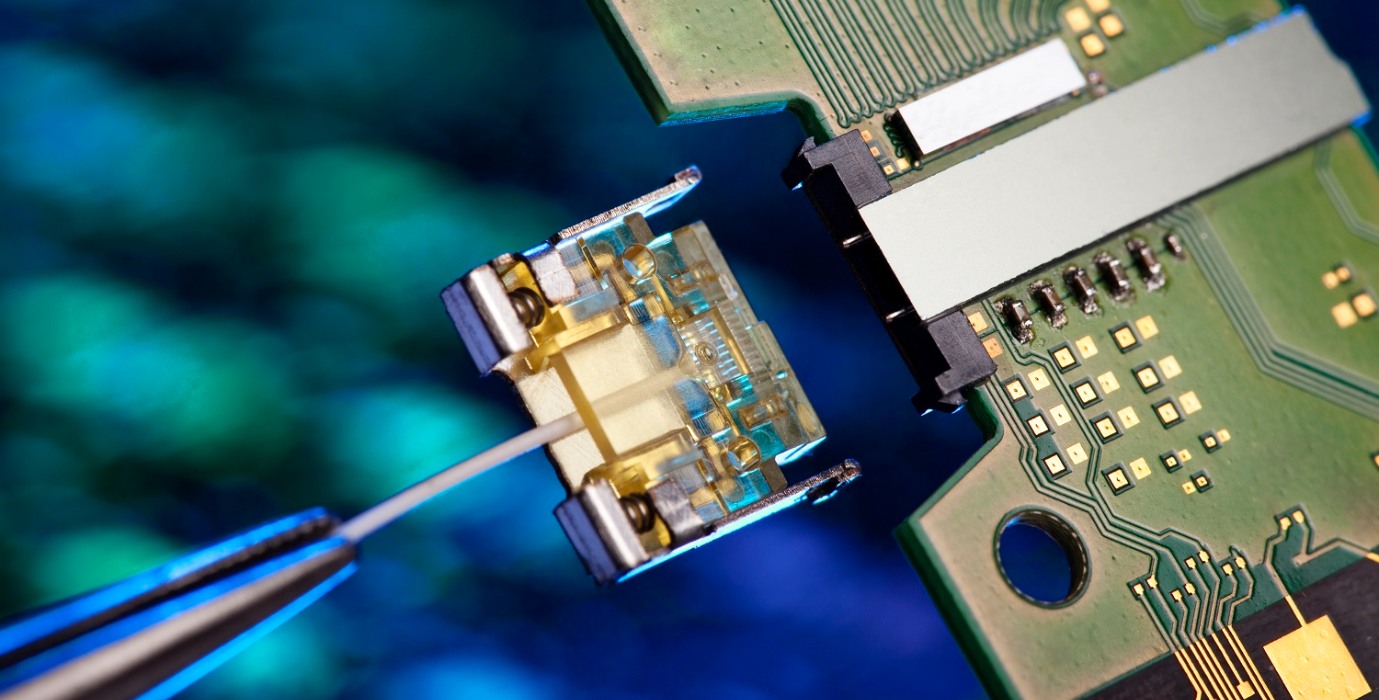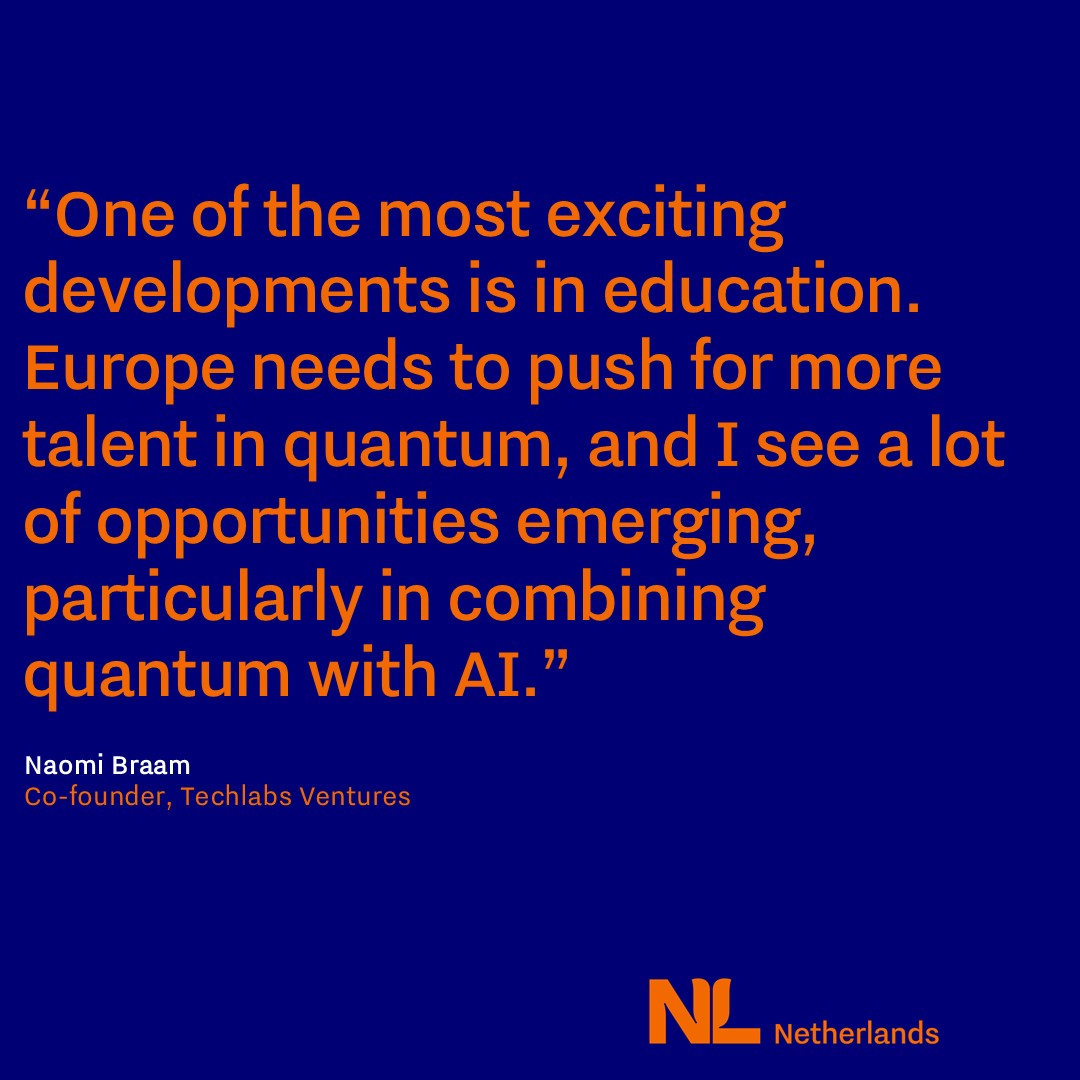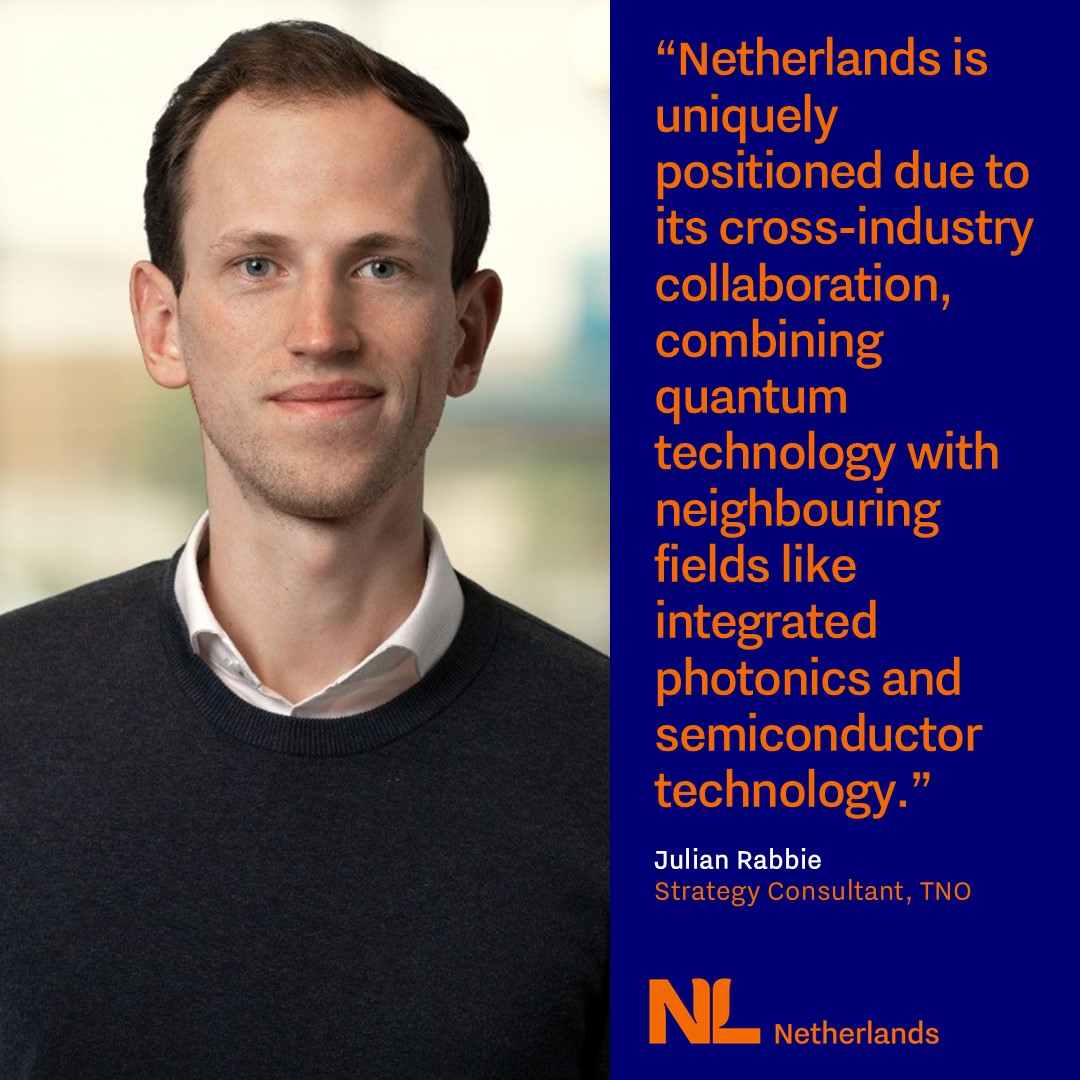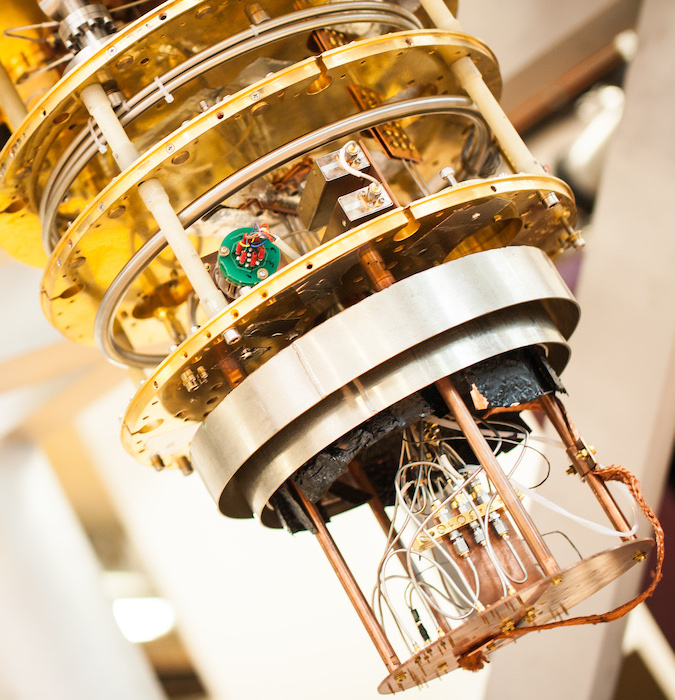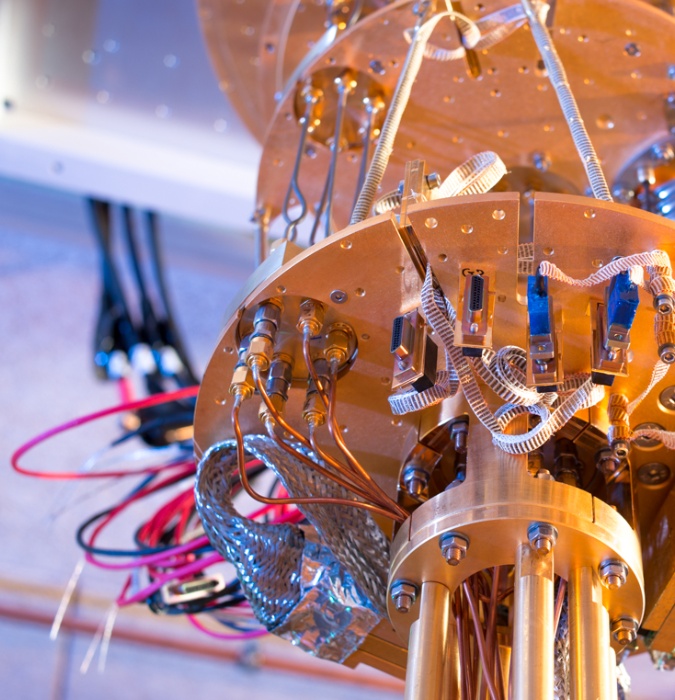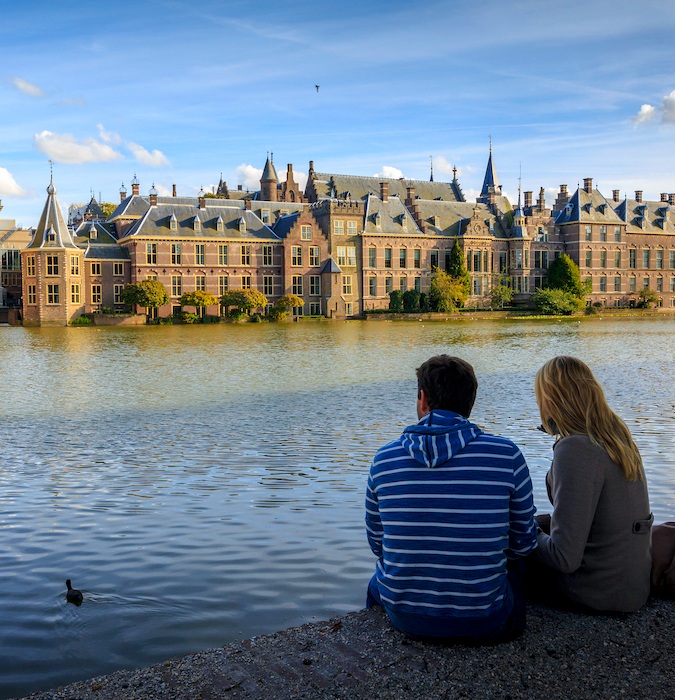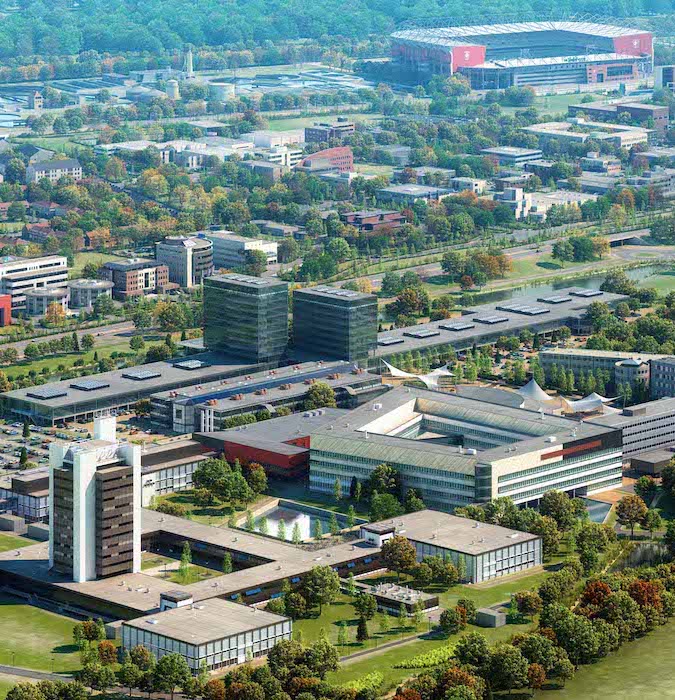What are the major hubs for quantum research in the Netherlands? The key hubs are Delft, Amsterdam, Leiden, Eindhoven, and Twente.
Who are the leading institutions and initiatives in the Dutch quantum industry? Notable institutions include QuTech (a collaboration between TU Delft and TNO), QuSoft (a collaboration between CWI and the University of Amsterdam), Quantum Delta NL, and various universities like TU Delft, TU/e, Centrum Wiskunde & Informatica (CWI), the University of Amsterdam, the University of Twente and Leiden University.
How is the Dutch government supporting the quantum industry? The Quantum Delta NL initiative is backed by €615 million in government funding. The Dutch government also recently granted a consortium from TU Delft and Leiden University a €35 million grant to investigate fundamental quantum limits. The Ministry for Education, Culture and Science previously awarded a Gravitation grant to Dutch university researchers for large-scale research on quantum software.
What educational programs are available for quantum technology in the Netherlands? Universities such as TU Delft, University of Amsterdam, and Leiden University offer specialised programs and courses in quantum technology.
What are the career opportunities in the Dutch quantum industry? Career opportunities include roles in research and development, engineering, software development and positions at leading companies and research institutions like TNO, QuTech, and various startups.
